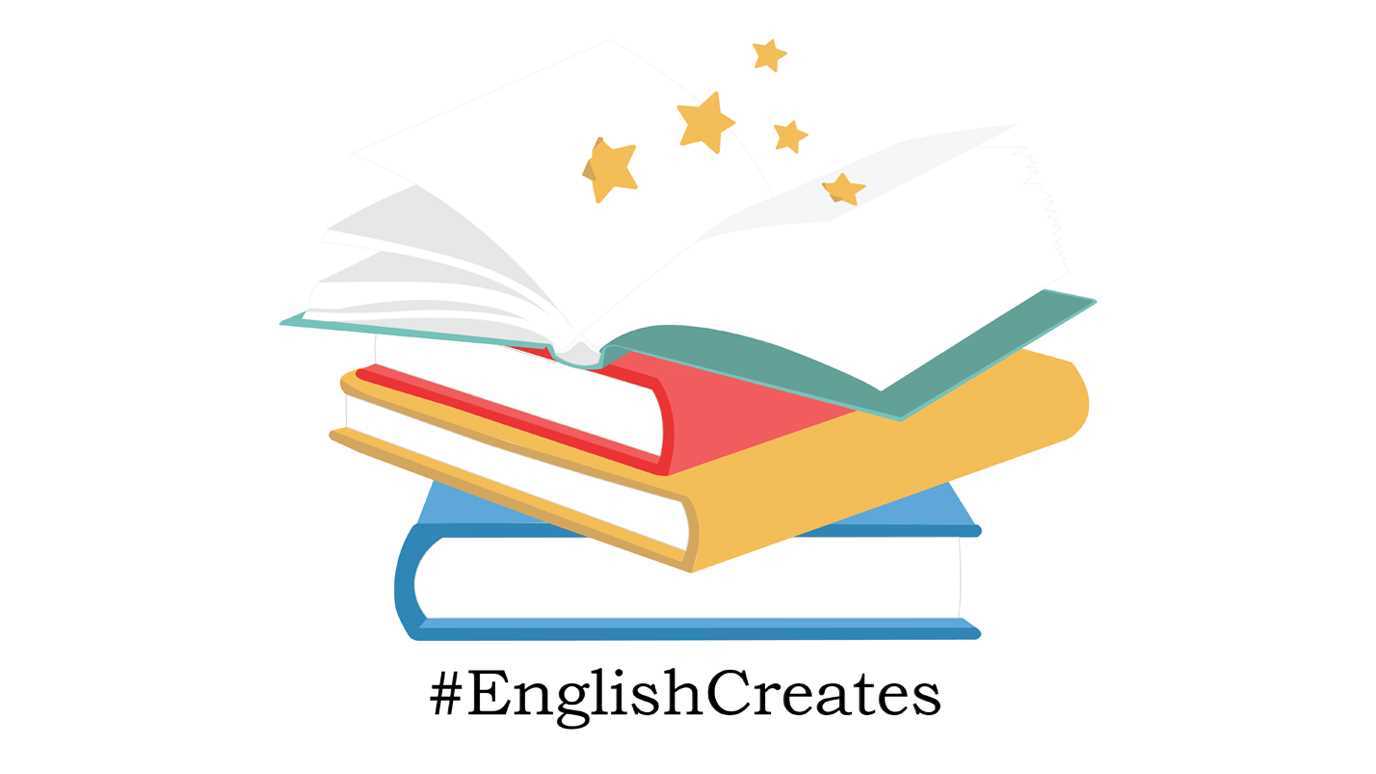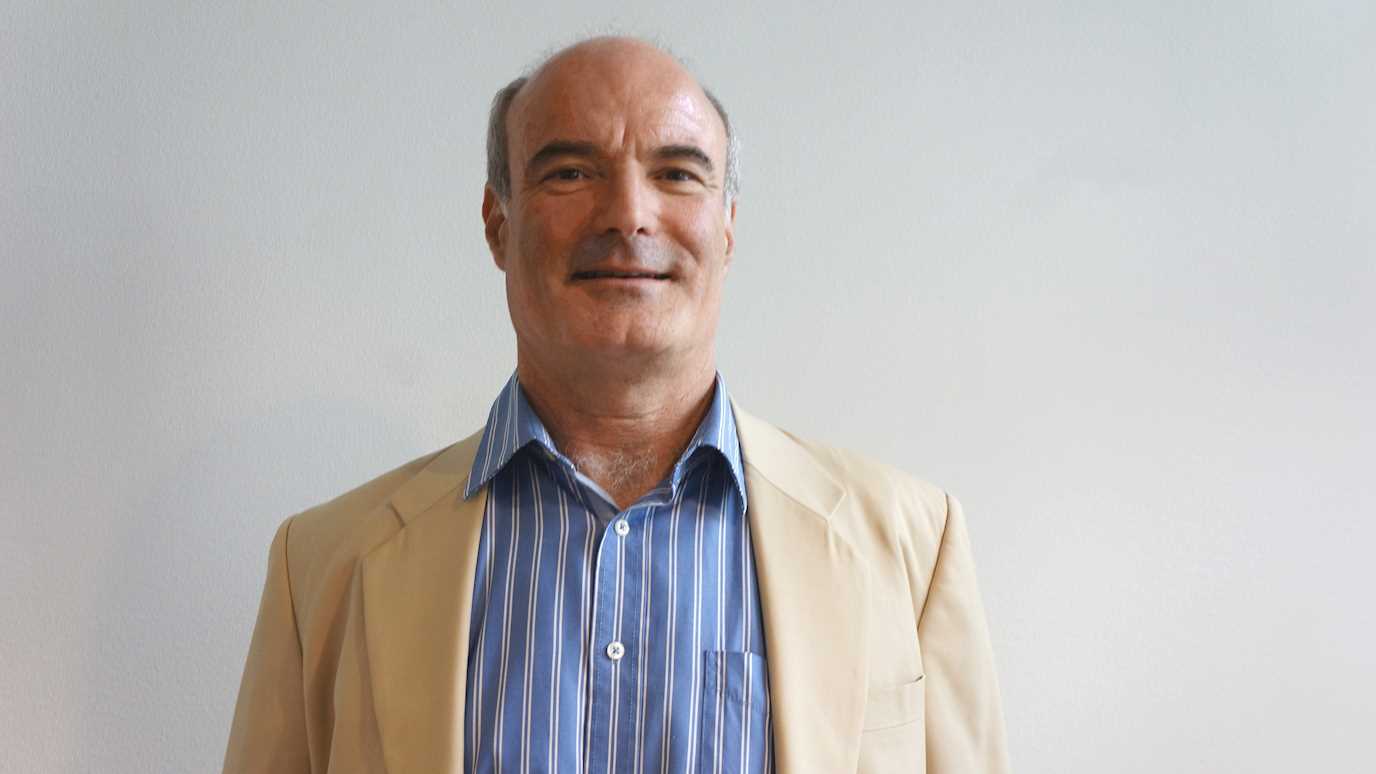Oscar-winning actor Sir Ben Kingsley joined Professor Robert Eaglestone and Professor Barry Langford, from Royal Holloway’s Holocaust Research Institute for a fascinating evening of discussion of the Holocaust in film.

Professor Robert Eaglestone, Sir Ben Kingsley and Professor Barry Langford
No actor may have played more important figures from the Holocaust: Simon Wiesenthal, the survivor who searched for Nazi war criminals in Murderers Among Us (1989); Itzhak Stern, the Jewish accountant who helps his employer save Jewish lives in 1993's Schindler's List; and Otto Frank in the 2001 film Anne Frank: The Whole Story.
In a deeply personal and heartfelt interview, Sir Ben spoke of his childhood memories of seeing documentary footage of Holocaust survivors on television, a formative moment of heart-stopping shock and grief that has since led him to help tell vital stories of the Holocaust through film.
Playing some of the most well-known Jewish survivors and campaigners of the Holocaust, Sir Ben described the sense of responsibility and privilege he feels in telling this most important of stories.
Robert Eaglestone, Professor of English in the Holocaust Research Institute at Royal Holloway commented, “A truly memorable evening for the students, staff, and public who joined us, Sir Ben captivated the audience with his candid, sincere insights. Spanning discussion of Holocaust film, his superb craft as an actor and his meetings with survivors, all heard his message of the importance of story-telling in ensuring that through film we continue to remember the Holocaust”.
Barry Langford, Professor of Film, also in the Holocaust Research Institute continued, “Sir Ben’s portrayals in seminal works such as Schindler’s List are not just lessons in first-class acting, but are a manifestation of his desire to use his craft to ensure such horrors do not happen again. His insight into the creation of these characters, from his personal meetings with those he has bought to the screen to working with directors such as Spielberg, truly brought to life the passion with which he approaches this most troubling yet compelling and vital of subjects.”
Learn more about the Holocaust Research Institute, the opportunities for study in the Departments of English and Media Arts, or explore future events at Royal Holloway.
























